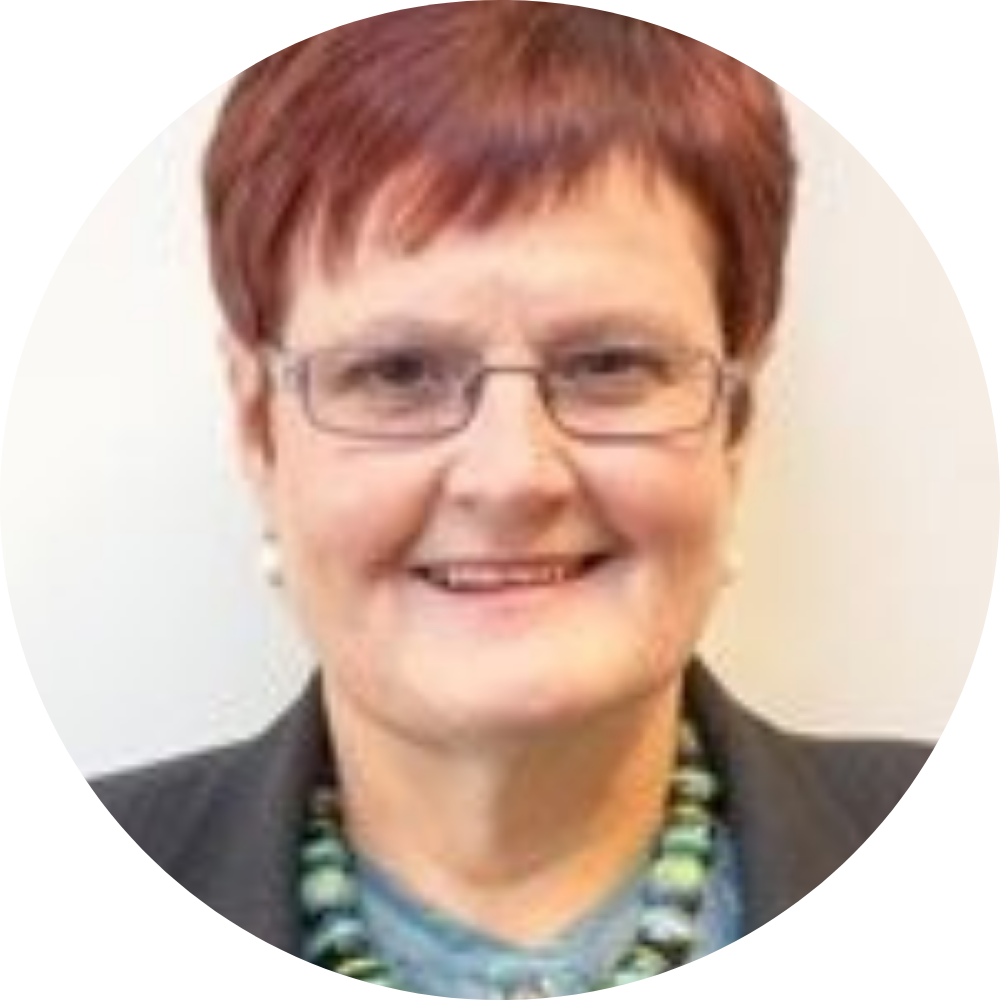
For lawyers to represent the communities they serve, they need to … well, represent the communities they serve.
Put another way: if lawyers are all from a single ethnic, socioeconomic or gender cohort, how can they meet the needs of diverse communities? According to Associate Professor Maxine Evers, the Director of Professional Programs at UTS Law, they can’t.
Associate Professor Evers is co-leading a project to better understand the experiences of culturally and linguistically diverse (CALD) students in the UTS Faculty of Law. Through the research, she and her collaborators, Professor Beth Goldblatt and Professor Karen O’Connell, are seeking to address the underrepresentation of CALD lawyers in higher education and in the broader legal profession.
The work, which is funded by a UTS Social Impact Grant and matched funding from UTS Law, will produce important insights into CALD lawyers and law students – who they are, how many there are, and their experiences of working in or studying the law.
‘There are gaps in the data when it comes to CALD representation within the legal profession,’ Associate Professor Evers says.
The Law Society of NSW collects data about solicitors and law firms across Australia every four years from the state and territory law societies, but it wasn’t until 2016 that reporting of the national data started to include diversity.
Painting a picture of student diversity at UTS
The researchers surveyed UTS Law students about cultural diversity, the student experience, support and career pathways, work experience and career intentions, and professional work experience in the law.
They received 171 responses, equivalent to 5 per cent of the student cohort. Seventy-six per cent of participants described themselves as being from a CALD background. While the response rate was small, respondents painted a rich picture of their experiences as UTS Law students.
The majority of domestic students were positive about their UTS experience, with most speaking highly of the support they received in relation to language, teachers and careers. International students were more likely to experience language issues, challenges with integration and difficulties accessing legal work experience.
However, only 31 per cent of students felt that UTS provided adequate support for CALD students, and only 34 per cent of CALD students reported having equal access to networking experiences. CALD students also reported noticing racism and discrimination at more than twice the rate of non-CALD students. Intersectional discrimination, particularly around age and gender, were significant concerns.
From universities to the legal profession
These findings will help UTS Law provide better, more responsive teaching and learning that meets the needs of students from a range of life intersections.
According to Associate Professor Evers, this could include ‘how we design our subjects, our courses, our assessments – we’ve moved away from every problem scenario we give to students being about John and Mary and we have incorporated diversity in our teaching, but have we really done as much as we can?’
The work, which follows on from a recent cultural diversity report from the NSW branch of the Asian Australian Lawyers Association (AALA), will also support the legal profession to continue developing strategies that better support lawyers from diverse backgrounds.
As lawyers, we owe duties to the court, the community and the administration of the justice system. These duties, as a matter of access to justice, inevitably point a need for the legal profession to be well-equipped to serve our communities now and in the future. – NSW Branch Vice President Michael Tangonan.
‘The work that the UTS Law School does exposes the legal profession and organisations like AALA to the needs, gaps and issues facing students and aspirant lawyers in working towards and cultivating a more diverse legal profession.’
The research team presented their results at a meeting of the AALA in January this year; plans are now in place to expand the relationship between the AALA and UTS Law and to further develop the survey.
The problem
Ensuring that the legal profession reflects the diversity of the population is crucial for equitable access to legal services. It is also essential to ensure equal career opportunities for CALD legal professionals. UTS Law wanted to understand the issue of cultural diversity within the legal profession and the specific experiences and perceptions of culturally and linguistically diverse (CALD) law students in their faculty.
The response
The project’s aim was focused on understanding the needs of culturally diverse law students, particularly regarding their career paths. It aimed to identify challenges and contribute to research promoting diversity in the legal profession.
What helped accomplish this?
The project focused on surveying UTS law students to understand their views on cultural diversity, employment experiences during studies, and career goals in law. The survey questions were designed with input from a cultural diversity consultant and tested by 3 students before use.
What has changed as a result?
The project improved UTS law students' understanding of social enterprise and awareness of social issues. It identified career needs for CALD students, recommending curriculum and faculty diversity. Findings were shared with the Asian Australian Lawyers Association (AALA) and UTS, aiming to enhance career support and publish insights on legal profession diversity. Unintended outcomes revealed discrimination based on cultural, linguistic, gender and age diversity in workplaces.




